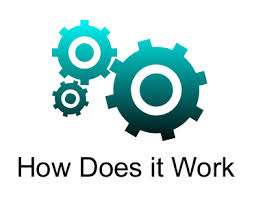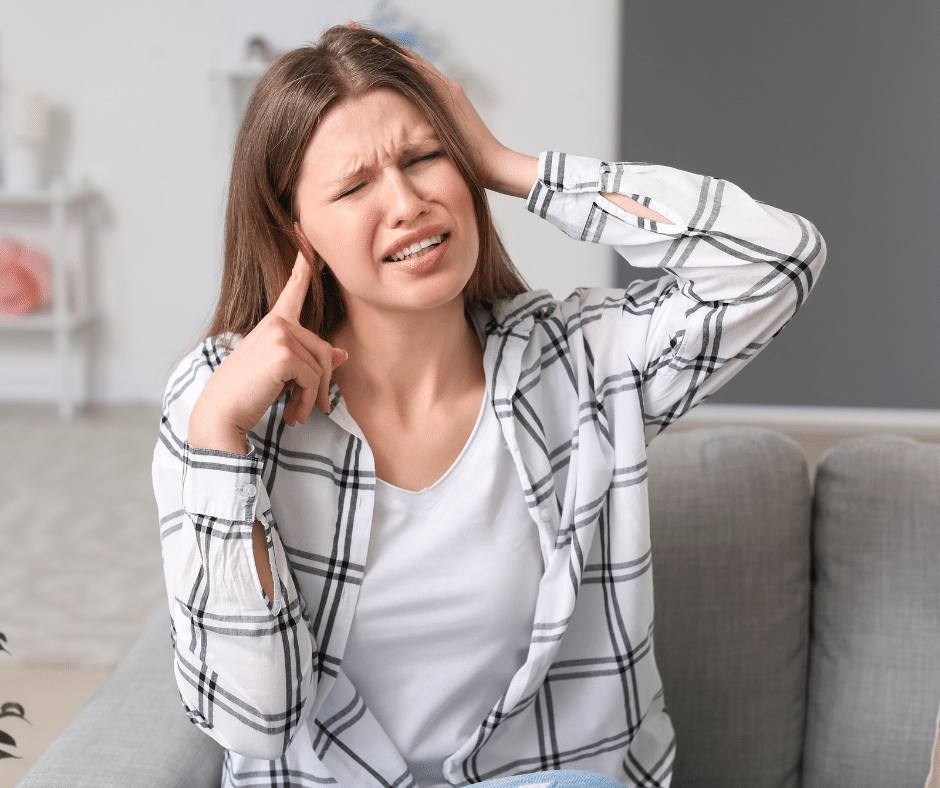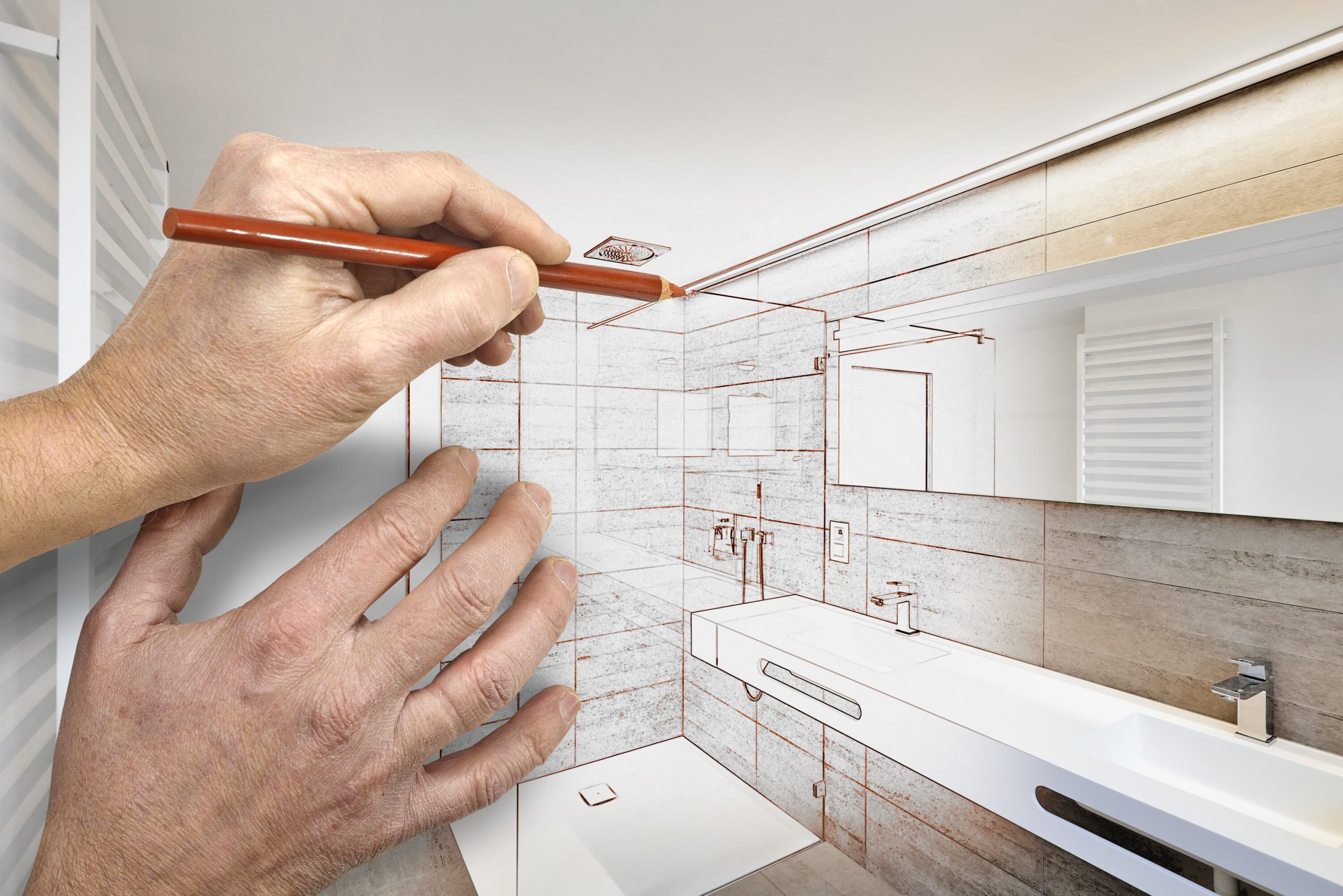
Why and How Do HVAC Capacitors Fail?
When an air conditioner breaks down during the summer, one of the most common causes is a failed capacitor. To explain why capacitors fail and how that affects your air conditioner, we first need to discuss what a capacitor is and what it does when it’s working correctly.
Capacitors are an essential component of your HVAC’s electrical system
The job of a capacitor is to store up electricity, kind of like a rechargeable battery, so that it can supply a small burst of energy to the motor it’s connected to when needed. There are two basic kinds of capacitors found in an HVAC unit: the start capacitors and the run capacitors. The start capacitor provides the extra voltage needed to get the compressor or fan motor started, while the run capacitor provides energy to keep them running. That means the start capacitor is only needed at the beginning of each cycle, while the run capacitor runs throughout the cycle. Heat pumps and air conditioners use a dual run capacitor, which connects to both the compressor and the fan, while furnaces use a single run capacitor connected to the blower motor.
See Also: System Check
So why do capacitors go bad? And is there any way to prevent it from happening?
First of all, capacitors are sensitive to overheating. That overheating can be caused by the sun. This especially for air conditioners installed on rooftops. It can get to be over 150 degrees on a hot summer day. But electrical overheating can be caused by the unit running too hard for too long. Of course that’s also most likely to occur during the hottest days of summer. To help keep your HVAC from overheating, set the thermostat a little higher on those hot days. Take other steps to improve your energy efficiency, like using reflective blinds on east- and west-facing windows.
Power surges can cause a capacitor to fail, too. Obviously a lightning strike from a summer thunderstorm can overload and burn out your HVAC’s electrical system., Also weaker power surges can cause damage to capacitors over time. Those weaker surges can be caused by fluctuations in the electrical grid. It can effect even something as simple as large appliances in your home turning on and off. Or if that summer thunderstorm causes a power outage, the surge that occurs when the power comes back on can damage your HVAC’s capacitors. Protect your air conditioner and its capacitors from these power surges. Consider having an HVAC surge protector installed.
The third major cause of capacitor failure is simply age.
Much like a rechargeable battery, a capacitor’s ability to store and release energy decreases over time. It’s inevitable that capacitors will eventually wear out. As long as you catch the failing capacitor early, it’s relatively easy and inexpensive to fix. If the air conditioner continues to run with failing capacitors, it can cause much more serious and expensive issues down the road.
See Also: When Should I Replace My HVAC?
How do you know if your capacitors are going bad?
And how do failing capacitors affect your HVAC? This is one of many good reasons to have regular preventive maintenance. This includes checking the electrical components of your HVAC system. But aside from having a licensed technician examine your capacitors, there are other ways you may be able to tell that a capacitor is going bad. If your air conditioner’s compressor has trouble starting and then quickly shuts off, that can be a result of a bad capacitor. Sometimes the air conditioner will quickly and repeatedly stop and start. Or if you hear humming or clicking noises coming from your HVAC unit, these can also be due to bad capacitors. In general, if your air conditioner isn’t running quite right, that’s a sign that your capacitors may be going bad.
Don’t Ignore the Issue
It may be tempting to put off calling for service if the AC still seems to be working at least some of the time. Here’s why that’s a really bad idea. When a capacitor begins to fail, the repair is relatively inexpensive. You just need a licensed technician to replace it with a new capacitor. Never try to replace the capacitor yourself! It’s extremely dangerous due to the electrical charge stored in the capacitor, and the oil inside is also hazardous. But if the air conditioner keeps trying to run with a bad capacitor, it can cause very serious damage to much more expensive parts. When a capacitor isn’t working properly, whatever motor it’s attached to can get overheated and burn out. Instead of replacing a capacitor, you could end up having to replace the fan motor or the compressor. This could even result in the entire air conditioner needing replaced. You definitely don’t want that!
The capacitors are a frequently overlooked but extremely important component of your HVAC system. Keeping them in good working order through preventive maintenance and timely service will help to prevent summer breakdowns and more expensive repairs. Take care of your capacitors, and they’ll take care of you.
See Also: Contact Us


